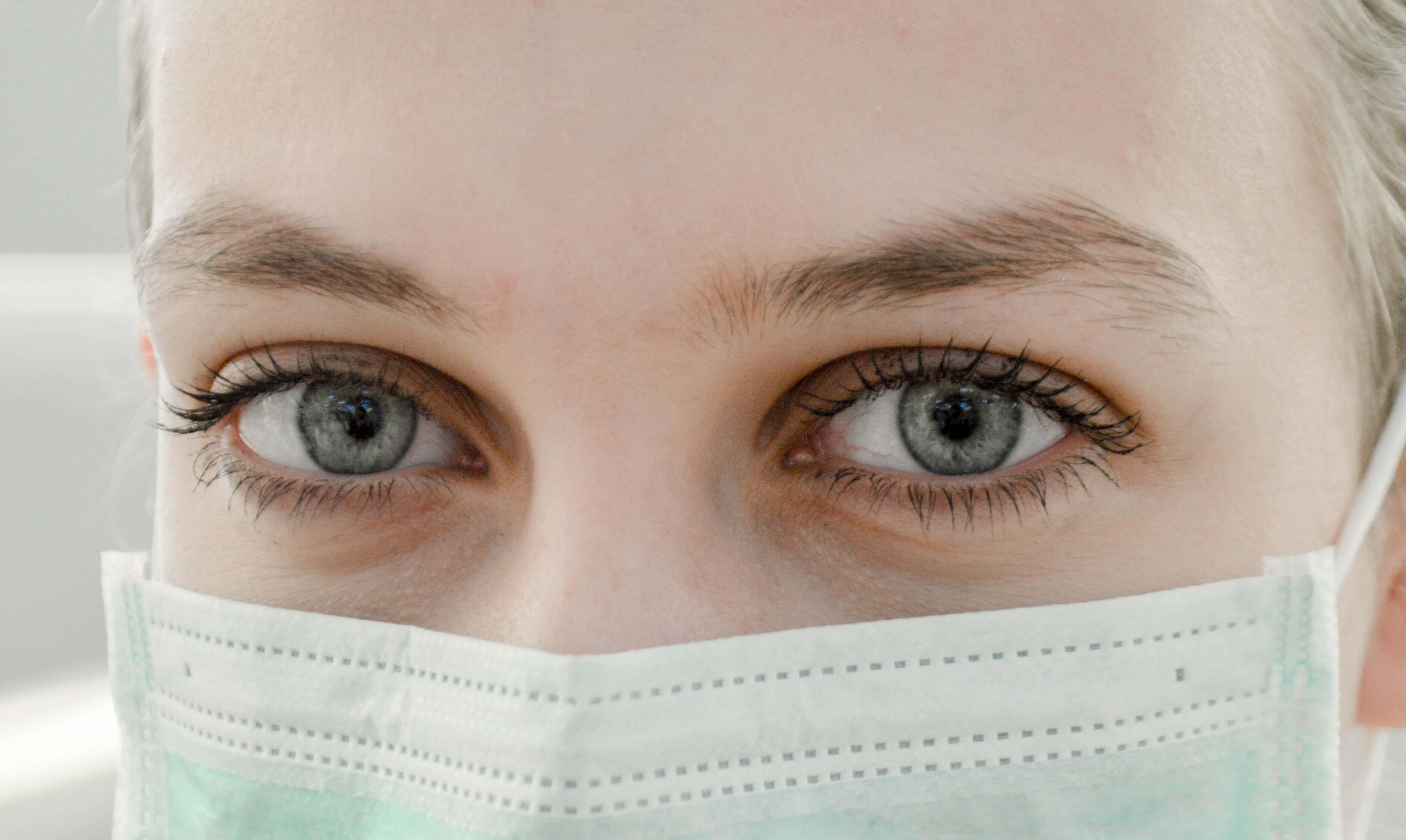
This is a unique moment and all of us, professionals, patients, family members and the general population, are going through a new situation that affects the whole world. At this moment, doubts, fear, insecurity and psychic fragility appear. Below are some tips on what we can do to take care of us health professionals and those around us who are experiencing emotional distress.
1 – Support colleagues from the multiprofessional team, who may be in emotional distress. Ask how they are feeling, how the work is going, be proactive, due to overload, professionals may be suffering and not manifest.
2 – Follow the safety standards to carry out your work, sanitize your hands often and use all PPE according to the need of the place or the type of patient attended to stay safe.
3 – Thoughts like: “I’m asymptomatic and I may be passing the virus to someone else”, or “I can take the virus that is present in my workplace or when I go to my house and my family members” may appear. At this point it is worth remembering the reason why you are leaving home and all the measures that you, a health professional, are taking to avoid contagion, reassure yourself that one day you chose to work in the health area and that at this moment you are essential and is doing everything correctly and in order to take care of people’s lives.
4-Put a pleasurable activity in your day, take a moment for yourself. There is a lot of news, some true and some false, that reach us, in addition, working at a time like this requires a lot of energy. So, take a break for yourself: listen to music, read, watch a movie, exercise at home, cook, play a game, meditate, do something that gives you pleasure and that makes you at that moment doing something you do. in the routine. Seek this place of normality, this is healthy, it allows us to experience that not everything is changed, there are many things we can do and others we have to adapt.
5 – Encourage people to talk about their feelings and thoughts with other people, whether colleagues, friends or family, either in person because they are at work, or at a distance, because when you don’t work there is also confinement.
6 – Finally, if, even doing all these actions, you still observe a distressed colleague or yourself, do not feel bad for feeling this way, it is perfectly acceptable that we, psychologists and health professionals, do not feel good, because after all we are also dealing with a situation that is new and different.
Sources: Hospital Infection Control Service of Hospital Israelita Albert Einstein (SCIH) and Federal Council of Psychology.
Photo: Ani Kolleshi
This is an informative text and is not intended to exhaust the subject or replace consultation with a specialized professional. If you identify with the text, I suggest seeking the help of a professional who has theoretical knowledge and practical experience in the area.
Copyright Ms. Priscila Rolim, 2022